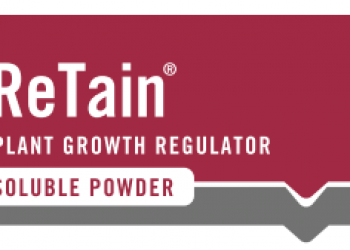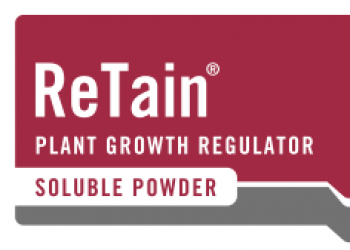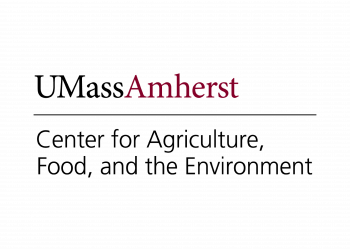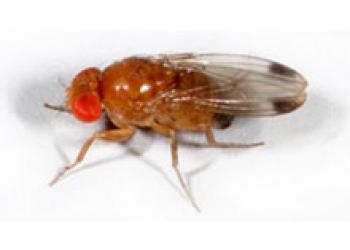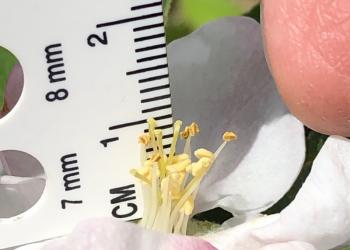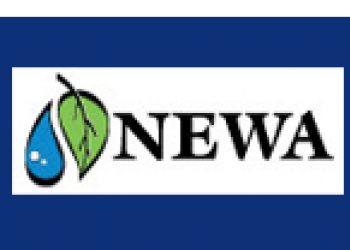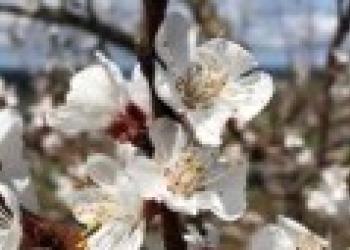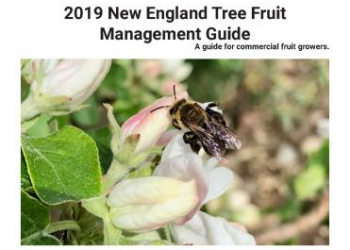Fruit Program News
-
ReTain Recommendations -- Apples
August 19, 2019ReTain Recommendations for Harvest Management -- Apples (and pears and peaches)
From Jim Wargo, Valent USA
Thanks to Jim and UConn's Mary Concklin where these recommendations appeared in her e-mail newsletter...
-
ReTain on peach, nectarine, and plume for harvest management and improvement of fruit quality
August 1, 2019A reminder that ReTain can be used on peach, nectarine, and plum for harvest management and improvement of fruit quality. From the ReTain label: Depending on cultivar, orchard conditions, and grower objectives, one or more of the following benefits will be associated with using ReTain on peach, nectarine, or plum:
• Improved harvest management
• Additional time for increase in fruit size
• Maintenance of fruit firmness
• Reduced preharvest fruit drop
• Improved fruit quality
• Enhanced storage potential
Apply one pouch per acre of ReTain to peach, nectarine, or plum one to two weeks prior to the anticipated beginning of the normal harvest period* of untreated fruit. ReTain efficacy requires that fruit and foliage receive thorough spray coverage. To ensure thorough coverage adjust water volumes based on tree size and spacing and use calibrated spray equipment (i.e., orchard air blast sprayer). Excessive spray application volumes that result in spray runoff will reduce product performance. In most cases, 100 gallons per acre has been shown to be effective. For optimal response, use ReTain with a 100% organosilicone surfactant. Use a final surfactant concentration of 0.05 to 0.1% (v/v) in the spray tank. To reduce foaming, add the adjuvant last and minimize agitation.
*The normal harvest period for a particular orchard block refers to that time when fruits not treated with ReTain would be harvested. To help determine the beginning of the normal harvest period, refer to historical trends for harvest dates and the “days from full bloom to harvest” interval for each cultivar in your area, and closely monitor the fruit maturity development for the current season.
-
Spotted Wing Drosophila on the Rise
July 25, 2019With the heat wave and dry spell broken, for now, we are seeing an increase in SWD numbers in our monitoring traps. This means, of course, it's time to make sure you are up to speed on your management practices! Check out the Quick and Dirty SWD Recommendations for an overview and links to more detailed information.
https://ag.umass.edu/fruit/fact-sheets/quick-dirty-guide-to-spotted-wing...
-
SWD alert as fruit ripens!
June 25, 2019As fruit ripen they become susceptible to spotted wing drosophila (SWD) infestation. Right now that includes strawberries, and very soon cherries and blueberries. Followed not long after by peaches and nectarines. We are catching SWD in traps! See latest SWD management information. Here are direct links to insecticide recommendations for small fruit and stone fruit. Good luck!
-
June fruit twilight meetings scheduled
June 4, 2019Fruit twilight meeting, Tuesday, June 11, 2019. 5:30 PM. Bashista Orchards, 160 East Street, Southampton, MA. 2 pesticide re-certification credits. Light supper served, no pre-registration necessary but $20 registration collected at the door. Meeting stars and UMass Amherst Faculty Autio, Cooley, and Pinero will speak on current horticulture, disease, and insect management. Extension Educators Clements, Schloemann, and Garofalo co-star.
Fruit twilight meeting, Wednesday, June 12, 2019. 5:30 PM. Tougas Family Farm, 234 Ball Street, Northboro, MA. 2 pesticide re-certification credits. Light supper served, no pre-registration necessary but $20 registration collected at the door. In cooperation with University of Rhode Island Extension and Rhode Island Fruit Growers' Association. Meeting stars and UMass Amherst Faculty Autio, Cooley, and Pinero will speak on current horticulture, disease, and insect management. Extension Educators Clements, Schloemann, Garofalo and Faubert (URI) co-star.
-
Pollen Tube Growth Model on NEWA
May 7, 2019 -
NEWA announces partnership with Onset Corporation
May 3, 2019 -
New version of Carbohydrate model and new phone app of 3 models
May 1, 2019 -
Current Bud Stages at UMass Orchard
April 29, 2019Once again current tree fruit bud stages at the UMass Orchard in Belchertown, MA, including pictures, are available on the UMass Fruit Advisor website: http://ag.umass.edu/fruit/resources/bud-stages-photos Every year since 2012, a history of current bud stages are also available. In addition, bud stages back to 2001 are archived in Clements Corner on the old UMass Fruit Advisor website here: http://fruitadvisor.info/tfruit/clements/index.html
-
New England Tree Fruit Management Guide
April 29, 2019The New England Tree Fruit Management Guide, a collaborative publication of tree fruit Extension specialists in each New England state, is available on-line or in print. For New England commercial orchardists, the on-line version at http://netreefruit.org is updated continuously and represents the latest tree fruit production and crop protectant information. It is both desktop and mobile device friendly, and can be a quick handy reference in the field on your smart phone. Individual chapters/sections can also be easily printed for quick reference in the office, spray shed, or for workers. This should be your first go-to for current orchard -- including apple, pear, peach, cherry, and plum -- production and spray schedule information.
